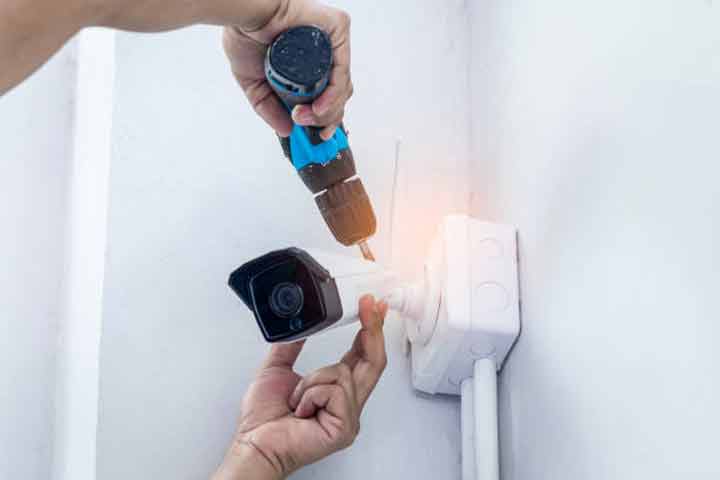In today’s competitive job market, a successful recruitment strategy relies heavily on the quality of the relationship between a company and its recruitment agency. A well-established partnership can lead to better candidate matches, increased efficiency, and ultimately, improved business outcomes. However, building this relationship requires more than just a transactional approach. It demands a collaborative mindset, clear expectations, and open communication. By understanding the key elements that foster a strong partnership, companies can tap into the full potential of their recruitment agency and gain a competitive edge in the job market. But what exactly are these key elements?
Establishing Open Communication
Effective communication is a cornerstone of any successful partnership, and this holds particularly true when building a strong relationship with a recruitment agency. Whether you’re focusing on marketing recruitment or other specialized hiring needs, establishing open communication is essential. Be clear and concise in your interactions with the agency, including providing detailed job descriptions, specific candidate requirements, and regular updates on your hiring needs. Regular check-ins and feedback sessions can also help foster a collaborative environment and ensure that the agency is meeting your expectations. By maintaining an open and transparent line of communication, you can build trust and confidence with the recruitment agency, leading to more effective and efficient recruitment outcomes. This, in turn, can result in better candidate quality and a more streamlined hiring process.
Setting Clear Expectations Early
Defining the parameters of your working relationship with a recruitment agency from the outset is essential for a successful partnership. This involves clearly outlining your requirements, expectations, and goals, ensuring both parties are aligned from the start. Establish a detailed job description, highlighting the skills, qualifications, and experience required for the role. Specify your preferred working style, communication channels, and response times. Also, define the key performance indicators (KPIs) for the recruitment agency, such as time-to-hire, candidate quality, and cost per hire. By setting clear expectations early, you can avoid misunderstandings, streamline the recruitment process, and focus on finding the best candidates for your organization. This clarity will also enable the agency to tailor their services to meet your specific needs.
Building Trust and Rapport
A strong partnership between a client and a recruitment agency relies heavily on the establishment of trust and rapport. Trust is built when both parties demonstrate transparency, reliability, and open communication. The recruitment agency should keep clients informed about the status of their job openings, candidates, and the overall recruitment process. Establishing rapport is equally vital, as it fosters a deeper understanding of each other’s needs, expectations, and work styles. Regular meetings and updates can help build a rapport, allowing clients and recruiters to better understand each other’s perspectives. By investing time and effort into building trust and rapport, clients and recruitment agencies can create a solid foundation for a successful partnership. This foundation is essential for achieving recruitment goals and objectives.
Providing Feedback and Support
Building on the foundation of trust and rapport, a strong partnership between clients and their recruitment agency also relies on the free flow of feedback and support. Providing regular feedback enables the agency to refine their approach, tailor their services to the client’s needs, and ultimately deliver better results. This can be achieved through open and honest communication, regular progress updates, and constructive critique. Clients should also offer support by sharing their knowledge, expertise, and industry insights to facilitate a deeper understanding of their business needs. By working collaboratively and providing reciprocal feedback and support, clients can maximize the benefits of their partnership with the recruitment agency. This collaborative approach fosters a culture of transparency and mutual understanding.
Maintaining Long-Term Partnership
Through a sustained commitment to collaboration and open communication, clients can foster a long-term partnership with their recruitment agency, ultimately driving business success and growth. Regularly scheduled meetings and progress updates facilitate this collaboration, ensuring both parties remain aligned and focused on shared objectives. By investing time and effort into the partnership, clients can tap into the agency’s expertise, leveraging their knowledge and resources to address evolving recruitment needs. A long-term partnership also enables the agency to develop a deeper understanding of the client’s business, allowing for more targeted and effective recruitment strategies. This, in turn, can lead to improved candidate quality and reduced time-to-hire.
Conclusion
Effective collaboration with recruitment agencies yields ideal results when built on a foundation of open communication, clear expectations, and mutual trust. Establishing this rapport enables agencies to tailor services to specific needs, ultimately leading to successful placements. Regular feedback and support facilitate long-term partnerships, driving continuous improvement and refinement of recruitment strategies. A well-nurtured relationship yields increased efficiency, reduced turnover rates, and superior outcomes, making it a vital aspect of organizational success.







